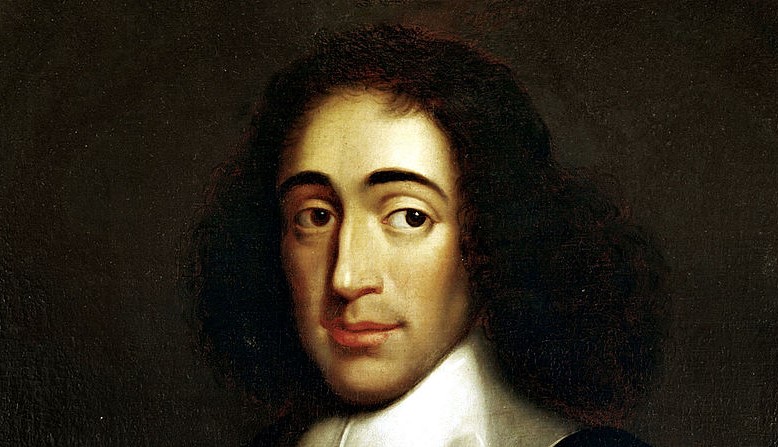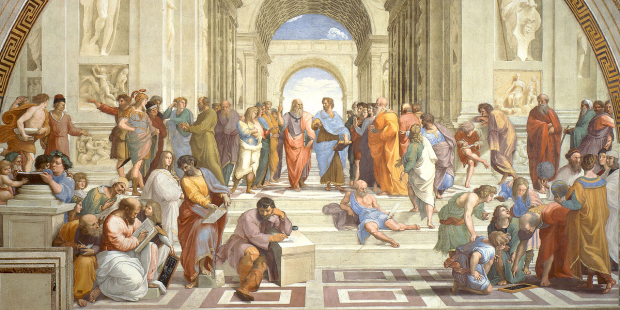There is arguably no philosopher of the modern period whose work is more relevant for current scholarship than Baruch (Benedict) Spinoza. This course serves as an introduction to his thought, historical context, and legacy. We will begin by reading two of Spinoza's primary works and exploring their historical context, paying special attention his close collaboration with several Mennonite figures. Then we will explore the work of contemporary scholars who see themselves as heirs of Spinoza, from the philosophical and political writing of Gilles Deleuze and Antonio Negri to the movements of feminism, queer theory, affect theory, and deep ecology.

- Instructor: Chris Huebner
In the ancient and medieval world, the task of philosophy was concerned with the formation and transformation of the self in the hope that it might be consistent with a certain vision of the world—the world of reality rather than the illusory world of mere appearance. This course explores some of the different ways ancient and medieval philosophers understood the self and the visions of the real world in which it strives to participate.

- Instructor: Chris Huebner
This course serves as an introduction to the world of philosophy by means of a historical survey of the western philosophical tradition from the rise of modernity to some contemporary developments known as postmodernism. In particular, we will study the writings of the Rationalists (Descartes, Spinoza, Leibniz) and the Empiricists (Locke, Berkeley, Hume), the grand syntheses of Kant and Hegel, the critical projects of Marx, Kierkegaard, Schopenhauer, and Nietzsche, and the important 20th century figures of Wittgenstein, Heidegger, and others. Since philosophical concerns always arise in specific historical and social contexts, attention will be given, where possible, to the intersection between styles of thinking and ways of life.
- Instructor: Harry Huebner